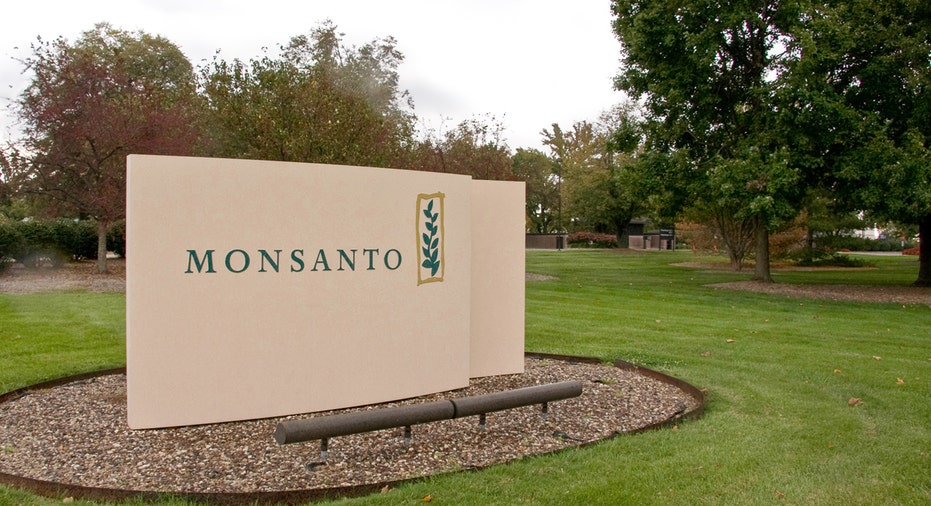Monsanto Rejects Bayer Merger Offer, Says It's Open to Talks

Monsanto Co. rejected Bayer AG's $62 billion takeover offer, saying the biotech seed giant's business merited a higher price, though Monsanto said it remains open to further talks on a deal.
The move, which was widely expected, puts pressure on the German pharmaceutical and chemical conglomerate to sweeten its offer over protests from some of its investors who fear buying Monsanto would deeply indebt Bayer and move the company far deeper into agriculture.
"We believe in the substantial benefits an integrated strategy could provide to growers and broader society, and we have long respected Bayer's business," said Monsanto Chief Executive and Chairman Hugh Grant. "However, the current proposal significantly undervalues our company and also does not adequately address or provide reassurance for some of the potential financing and regulatory execution risks related to the acquisition."
A Bayer spokesperson said the company would review and consider Monsanto's response.
Bayer detailed Monday its plan to buy Monsanto and add the U.S. company's world-leading franchise in high-yielding crop seeds and genetic engineering to Bayer's broad portfolio of insecticides and herbicides. A union would create the world's largest seed and crop chemical supplier and make agriculture about half of Bayer's overall sales.
Monsanto said Tuesday its board of directors unanimously viewed Bayer's proposal as "incomplete and financially inadequate," but said the company remained open to "continued and constructive conversations." The company said no deal was guaranteed.
Shares of Monsanto were recently up 1.9% to $108.
Bayer said its bid represented a 37% premium to Monsanto's closing share price on May 9, a day before Bayer executives formally approached Monsanto Chief Executive Hugh Grant about a deal. But some Monsanto investors viewed the price, valuing Monsanto at $122 a share, as only the opening bid.
"The critical thing here is that Monsanto's not in a distressed situation," said Joel Ray, director of research with Davenport Capital Management LLC, which owns Monsanto shares. "You're currently at the bottom of the ag cycle, and the net result is that valuations are depressed because of that."
Declining prices for major crops over the past three years have built pressure on the global companies that sell fertilizer, seeds and tractors to farmers, who have seen their incomes dwindle alongside grain prices. The U.S. Department of Agriculture has projected that U.S. farm incomes this year will fall to their lowest level since 2002.
By Jacob Bunge



















